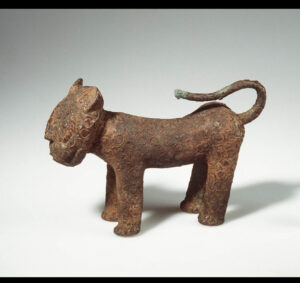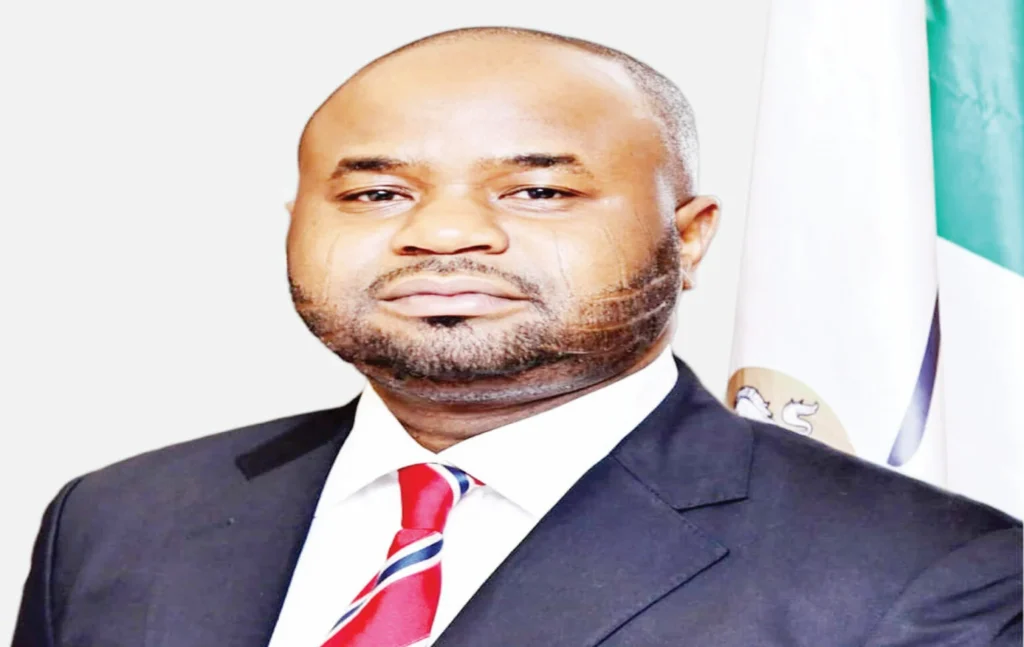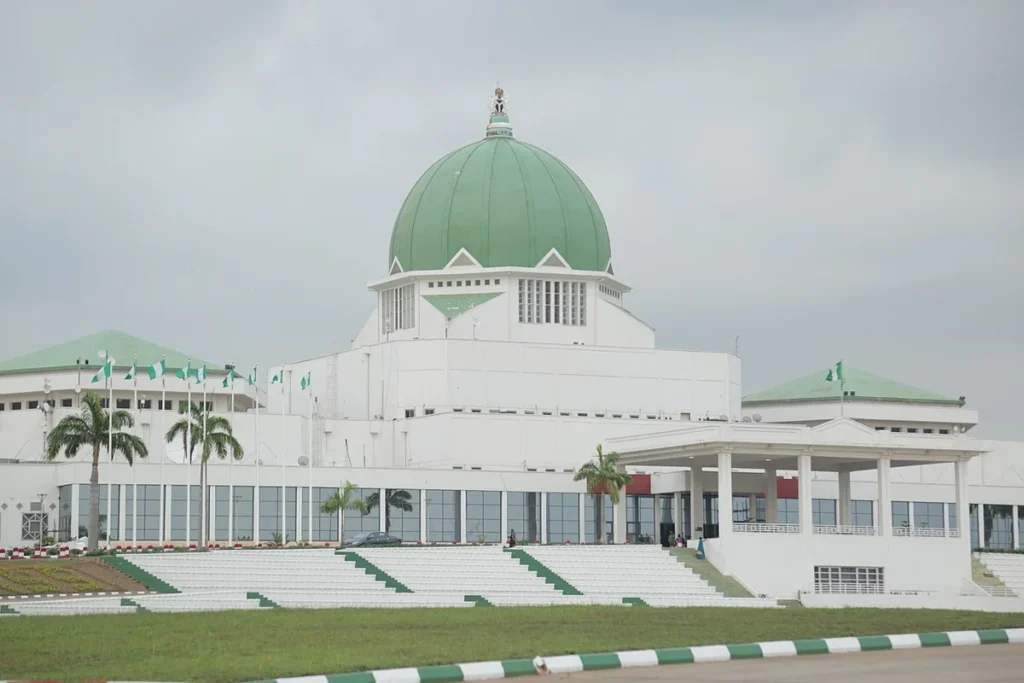Netherlands to Return 119 Looted Benin Bronzes to Nigeria on June 21
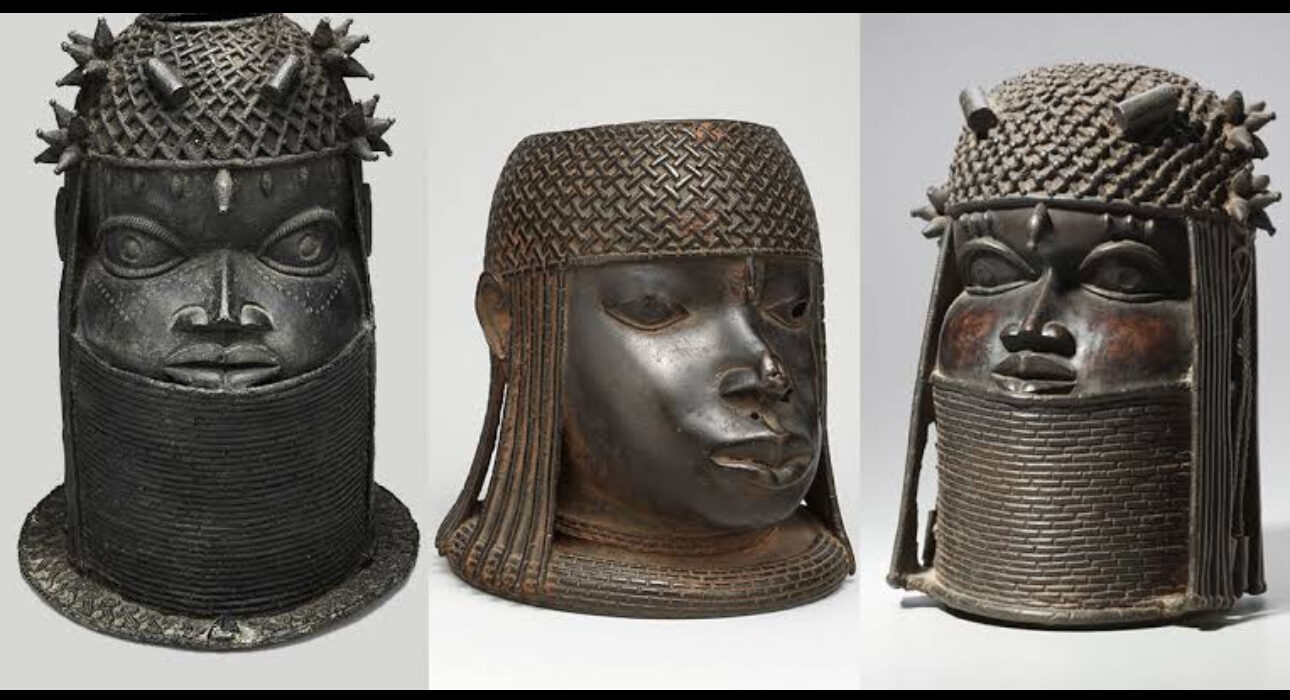
In a major diplomatic and cultural milestone, the government of the Netherlands is set to return 119 Benin Bronzes to Nigeria on June 21, 2025, marking one of the largest single repatriations of looted African artifacts in recent history.
The formal handover ceremony will take place at the National Museum in Lagos, after which the priceless artifacts will be transferred to the National Museum in Benin City, Edo State—the historical seat of the ancient Benin Kingdom from where they were originally taken.
The bronzes, which include elaborately crafted plaques, sculptures, animal figures, royal regalia, and ceremonial bells, were among thousands of artifacts looted during the 1897 punitive expedition by British forces that sacked the Benin Kingdom. Over the decades, many of these items found their way into museums and private collections across Europe and North America. 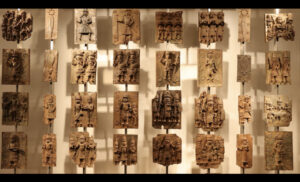
The Netherlands’ decision follows a formal request by Nigeria’s National Commission for Museums and Monuments (NCMM) and aligns with a growing international movement to redress the cultural injustices of colonial-era looting.
Dutch Minister of Education, Culture and Science, Eppo Bruins, praised the restitution effort, stating:
“The Benin Bronzes are indispensable to Nigeria. It is right and just that they are returned to their rightful home.”
The upcoming repatriation is being described as a landmark achievement in Nigeria’s decades-long campaign to reclaim its stolen cultural heritage. The NCMM, led by Director-General Oluwagbemiga Holloway, has been at the forefront of this advocacy.
“This return is the result of over 50 years of persistent effort. We thank the Dutch government for its cooperation and hope this serves as an example to other nations in possession of our heritage,” Holloway noted.
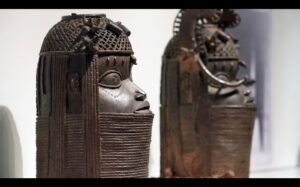
The Benin Bronzes are widely regarded as some of the finest examples of African art. Created by skilled artisans of the Edo people from as early as the 14th century, the bronzes once adorned the walls and altars of the Royal Palace of Benin.
The works reflect advanced craftsmanship in copper, bronze, and ivory, and serve as vital records of the kingdom’s history, mythology, and governance.
In addition to their aesthetic and historical value, the bronzes are considered symbols of national pride and cultural identity for Nigeria and the Edo people.
This development comes amid an accelerating wave of artifact restitution efforts across the globe. In recent years, Nigeria has successfully secured the return of other Benin Bronzes from institutions in the United Kingdom, Germany, and the United States.
Cultural analysts see the Netherlands’ move as part of a broader shift in global attitudes toward the ethical stewardship of cultural property and the reparation of colonial injustices.
The June 21 event is expected to be attended by Nigerian government officials, representatives from the Dutch embassy, international heritage organizations, and members of the Benin royal family.
Beyond the ceremonial exchange, it will symbolize a renewed commitment to preserving African cultural heritage and fostering equitable international cultural relations.
As the 119 artifacts make their long-awaited return home, this moment marks not just a return of bronze and brass—but a restoration of dignity, identity, and historical truth for a people whose heritage was once stripped away.
